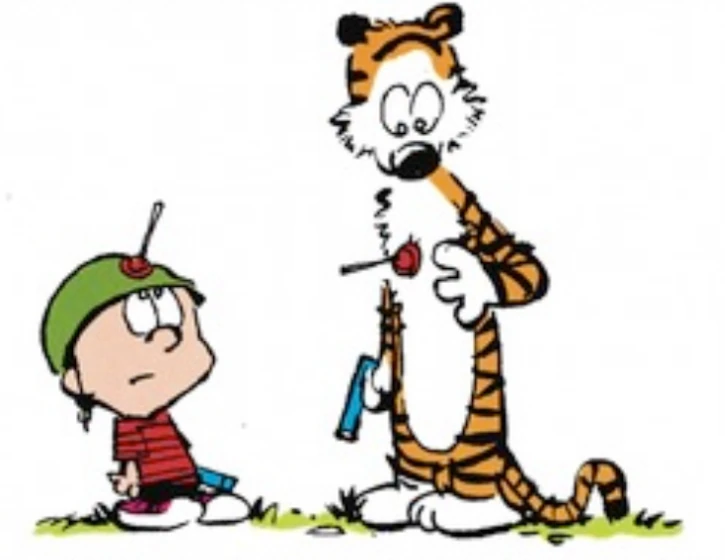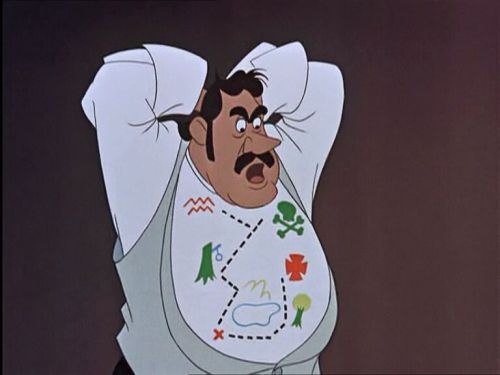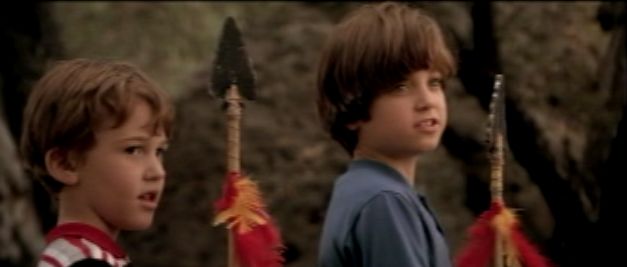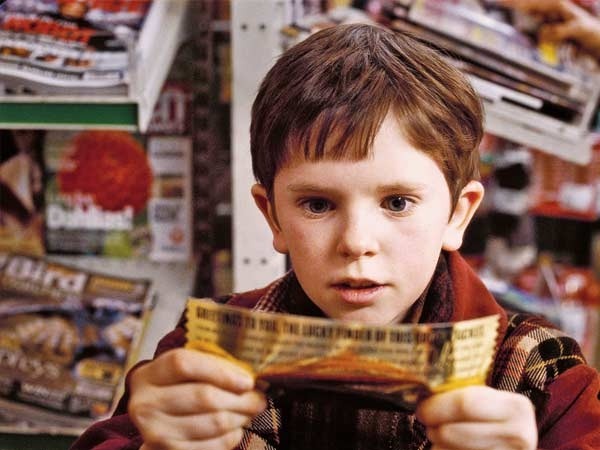"Um..could we go for a stroll?" A delayed adolescent boy
asked me one day. Of course I agreed,
and as we walked he asked, “do you like imagination games?”
I replied with a resounding, “I LOVE imagination games!”
“Would you like to play my imagination game?”
If you’ve read my blog before (which you might not have because it’s been literally
forever since I’ve met you all here) this probably sounds like the beginning of
my perfect afternoon. Time spent outside, with a kiddo, playing an imagination
game, and exploring the themes he develops and works through. Um…yes please!
Unfortunately, this didn’t go the way I expected. The young teen walked me down to the football
field, and proceeded to tell me the rules to “the game I play in my head.” The game was called “Clash of Clans,” and if
you’re thinking that this is a game that already exists in tableland. You’re right where I am. Open-minded and optimistic, but confused.
***For the reader’s information - As I
understand it, Clash of Clans is the new equivalent to a point and click
adventure. While there is a back story
and one or more goals, the overall action of the game is to “tap” on different
parts of the map in order to collect whatever it is they are collecting. In order to play it, you basically sit and
watch the game play itself until it has produced something you can “tap” on.
Get it? Cool. On with the story!
Kiddo explains to me that we need to build the town barracks, fortress, or
some unspecified medieval edifice.
“So,” he says, “first we need to collect wood by chopping down those trees!” He points toward the northwest corner of our
line of sight, at about 50 degrees from midline.
“Great!” I energetically declare, as I grip my make believe axe and start to
swing.
“No, no!” he reprimands, as though I’m missing the obvious. “You just tap here and slide it.” Kiddo then
proceeds to “select” the same area he indicated prior, and slides it
horizontally on the same plane. This is
when I realize that the game he plays in his head is just that. It is a literal game, that he is playing in
his head. What happens next involves me essentially gaping at him as he seems
to project an invisible giant tablet into the foreground of his line of sight,
and continues to “tap” and “select” unforeseen areas of the map in order to
achieve some inexplicable goals.
He narrates the whole thing for me.
At times he asks for me to take on a task. He gets annoyed that I attempt to act it out
and explains to me, again as if I were an idiot, that I simply need to tap the
thing in the air I cannot see. In theory, I should be tracking it. It’s not all that complex. Instead, I notice my heart sinking. I feel
helpless. I become slightly annoyed with this game that “we” are playing. Suddenly, I start looking around for excuses
to interrupt the game. I grapple with
the tension between improving our relationship by allowing him to play, or
impeding our relationship by sitting with him for a full hour, irritated with
our activity. Eventually I claimed a
mixture of “it’s too bright outside for my eyes” (a lame but true fact for
those of us with blepharitis and no sunglasses) and “I think you should get
back to class so you don’t miss anything.”
Over the next several weeks I struggled with this memory. I love the unexpected and imaginative things
that kids do in their minds. It is my
favorite when they invite me to witness it.
I should find this delightful!
So, why did I find it so off-putting?
It wasn’t until recently that I put it all together. I was sitting with a different delayed
pre-adolescent. I was observing him to
use jenga blocks to create an entire world.
In front of me evolved what looked like a cityscape. The same wooden blocks were used as mortar
and as character. Blocks spoke to one
another, while more blocks constructed skyscapes around them. I was, to say the least, captivated. This was incredible. This kiddo was using his imagination to work
out issues. The conversation between his
humanoid blocks was rather unintelligible.
I have no idea if they were discussing world piece, impact of trauma on
world view, or just what ice cream they both like, but it doesn’t matter. This kid was practicing some very useful
skills. Whether or not he was aware of it, he was testing the limits of
reality, by using his imagination to play out some dynamic scenario.
This is play with a purpose. It is
how we learn about ourselves and the world, and it’s crucial. Many species do this. All you need to do is turn on national
geographic, and you are eventually bound to see some video of a polar bear, a
lion cub, or tiger pup using play to practice very necessary survival skills.
That’s the difference. The mind
tablet lacked utility. Kiddo was not
using play in the way it was developmentally intended. He was not practicing social skills. There were no social skills being used. The
game was entirely one sided. Even when I
participated, I had no idea what was going on, and he typically ended up taking
over for me. He wasn’t working through
survival skills. The clashing clans were warring with one another and
protecting their territory, but Kiddo just “watched” and then “tapped” when it
was over. The only thing I can see him
learning from this process is patience.
The work was definitely not hard, and the topics were flagrantly simple.
My sadness and irritation then comes to the question of why? Play exists to help us learn, and kids are
incredibly adaptive. Which, means that
this kiddo has got to be working through something, and I don’t understand
it. This leaves me wondering if I have reached
that very depressing aspect of adulthood when I no longer understand “kids
these days.” Or worse, is this the work of modern children? Is it becoming a 2-dimensional and
nonreciprocal world of “sit and wait,” or “tap and slide”? How painfully sad
would it be if children physically reenacting stories turned instead into watching
flat projections that no one can see and engage them with? Is our
thinking becoming more and more 2-dimensional? Or have I lost my ability to connect?

















